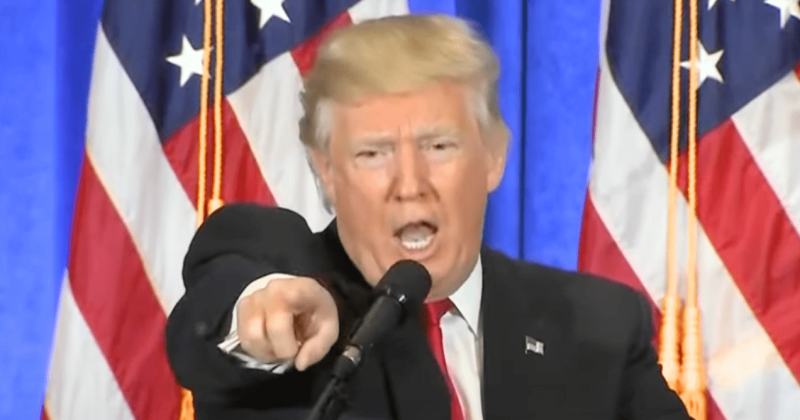President Donald Trump has formally declared that the United States is engaged in a “non-international armed conflict” with international drug cartels, notifying Congress of a major shift in the government’s posture toward narcotics traffickers.
The escalation came after a series of U.S. military strikes on drug-smuggling vessels in the Caribbean, which the administration identified as being run by organizations it described as terrorist-linked.
Trump’s declaration sought to establish a strong legal basis for military action, using international law to claim expanded wartime powers against cartel members.
Under this legal framework, a country is permitted to target enemy combatants even when they pose no immediate threat, and to hold them indefinitely without trial if captured.
In a confidential memo sent to lawmakers on Thursday, Trump described cartel operatives as “unlawful combatants” and said their activities “constitute an armed attack against the United States.”
The memo followed a closed-door Senate Armed Services Committee briefing on Wednesday in which Pentagon officials presented to lawmakers and responded to questions about the legality of the strikes.
The administration used terminology drawn from international law, labeling the fight a “non-international armed conflict,” which is a category that applies to wars against non-state actors rather than against sovereign nations.
“The cartels involved have grown more armed, well-organized, and violent,” the president’s memo read.
“They have the financial means, sophistication, and paramilitary capabilities needed to operate with impunity.”
The decision has sparked criticism from Democratic lawmakers, who argued that the strikes violated the War Powers Act.
The act requires that military action not authorized by Congress be limited or halted, a rule that has been challenged by multiple administrations.
The War Powers Act was passed in the aftermath of the Vietnam War, but presidents from both parties have bypassed it.
The Daily Mail highlighted that in 2011, Barack Obama ordered airstrikes in Libya without congressional approval. In 1999, Bill Clinton directed NATO’s campaign in Kosovo under similar circumstances.
According to a source familiar with Wednesday’s classified briefing, some senators believed the Trump administration was pursuing a new legal framework for its campaign against drug cartels.
Questions were raised about the extent of Congress’s role in authorizing such actions.
Pentagon officials could not provide a list of the specific terrorist organizations the administration considers central to the conflict, frustrating lawmakers who were seeking clarity during the session. This is according to one source in talks with the Daily Mail.
The administration has described the strikes as acts of “self-defense,” claiming that the laws of war authorize the United States to kill traffickers working for cartels that the government has classified as terrorist groups.
The doctrine of “non-international armed conflict” was originally developed in the 20th century to apply to civil wars or conflicts involving insurgent groups rather than formal nation-states.
After the Sept. 11 attacks, the scope of the definition was broadened when President George W. Bush declared war on al-Qaeda.
Some legal scholars disputed the use of wartime powers in that case, arguing that al-Qaeda was a criminal organization rather than a military adversary.
The Supreme Court, however, ruled that the conflict with al-Qaeda constituted a war.
That ruling allowed the government to detain captured al-Qaeda operatives indefinitely without trial, a decision based on the fact that Congress had authorized military force.
In the case of Trump’s memo, it is not clear how narcotics trafficking was defined as use of force under international law.
The document did assert that the cartels “illegally and directly cause the deaths of tens of thousands of American citizens each year.”
White House spokeswoman Anna Kelly defended the president’s actions in a statement.
“As we have said many times, the President acted in line with the law of armed conflict to protect our country from those trying to bring deadly poison to our shores, and he is delivering on his promise to take on the cartels and eliminate these national security threats from murdering more Americans,” she said.
The first strike under the administration’s new campaign occurred on Sept. 2, when U.S. forces attacked a drug-smuggling speedboat in the Caribbean.
The operation killed 11 people.
The boat targeted in that strike was tied to Venezuela’s Tren de Aragua gang, which had been designated as a foreign terrorist organization by the U.S. earlier this year.

